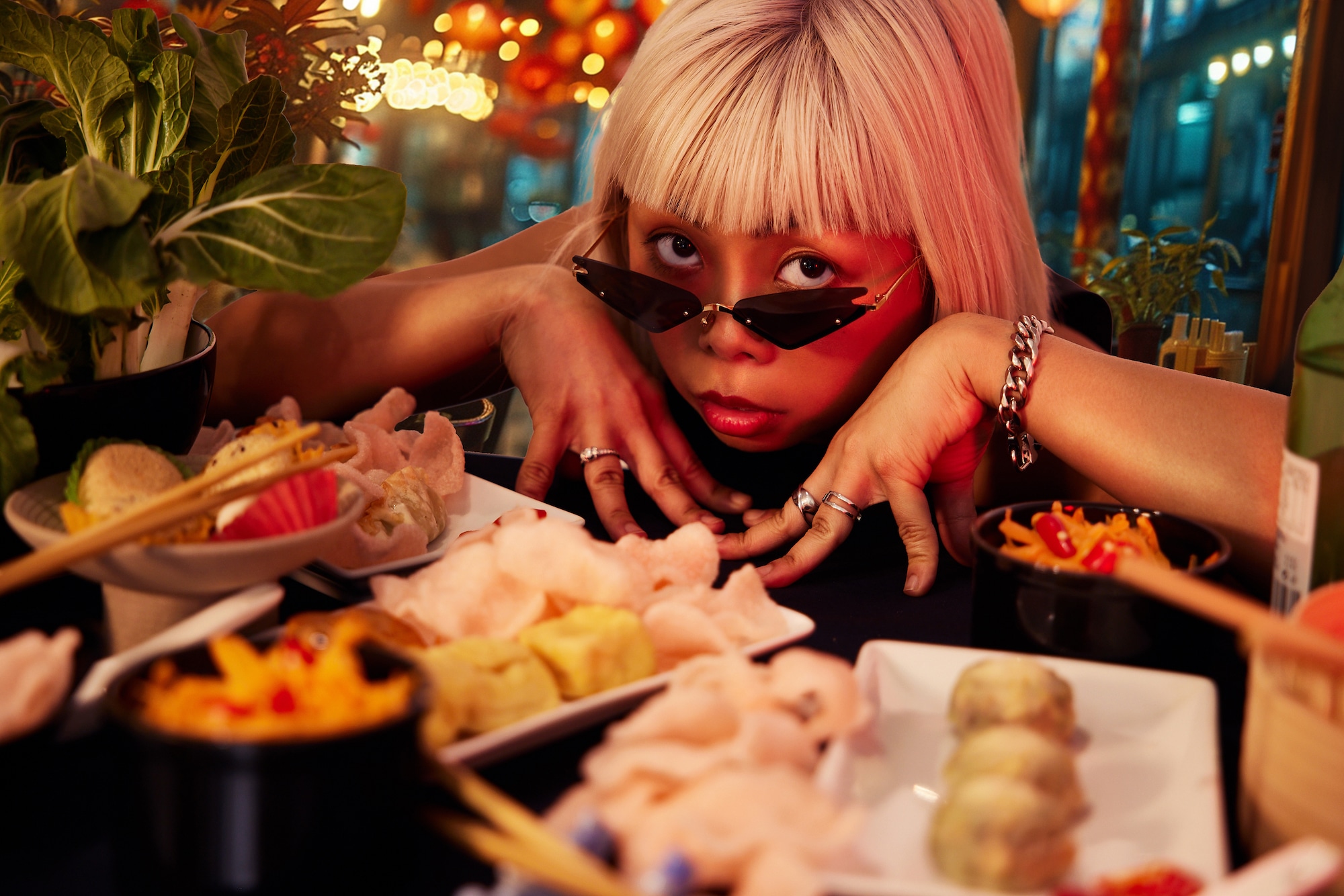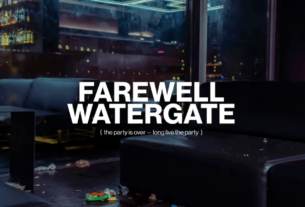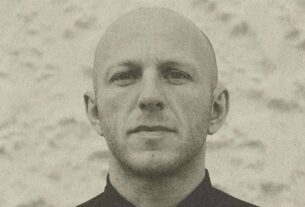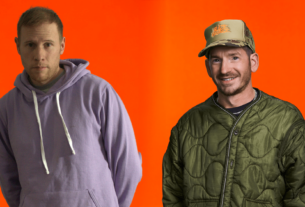Australian Bass Artist LÂLKA Discusses Her Unique Sound, Cultural Heritage, and the Future of Club Music
Continuously reinvigorating the electronic music landscape, Borneo-born, Meanjin-based artist LÂLKA is charting her own course. With a classical music background, she expertly intertwines complex melodies with glitchy hyperpop and vibrant bass, pushing her music beyond conventional electronic boundaries. Her work radiates a raw energy, encapsulating her life experiences and identity as a queer woman of color.
LÂLKA’s latest release, “Yuh,” exemplifies her ability to merge a rich multicultural sound with an unorthodox rhythm, crafting a progressive trap soundscape filled with insightful lyrics. This combination of modern production techniques and her cultural influences paves the way for deeper reflections on critical social issues within her work.
The trivialization of women’s anger as ‘crazy’ or ’emotionally unstable’ is a widespread form of gaslighting that invalidates their experiences, a tactic that aids in maintaining existing power structures.
LÂLKA
Incorporating elements of traditional Chinese music, LÂLKA powerfully asserts, “You think I’m f**king crazy. I’m just f**king angry” in the chorus. The punchy beats and dynamic synths resonate with her feelings of being undermined as a woman, producing a tension that deeply connects her listeners to her narrative.
With an EP on the horizon for later this year and more to her artistic story, we had a chance to speak with LÂLKA about her distinctive background and how her experiences shape her artistry. We also explored her vision for the future of club music and her quest to foster an inclusive and innovative experience for fans. Read on to discover her journey and check out “YUH” on your favorite streaming platform.
Watch LÂLKA – Yuh on YouTube:
LÂLKA, thank you for joining me today! Your intriguing background caught our attention. As a classically trained music producer, how has this influenced your electronic music production, notable for its avant-garde style with dark basslines, sweeping synths, and a playful chaos?
I don’t intentionally incorporate my classical music training into my electronic creations, but I believe my accumulated knowledge and experience naturally inform my music-making process. For instance, my grasp of harmonic language plays a role in my compositions. I’ve been playing piano since I was five, but I often write away from the keyboard to challenge myself and avoid reliance on familiar territory.
Additionally, having a background in string instruments has led me to naturally integrate violins and cellos into my work, as I understand what melodies and phrases resonate well on those instruments.
Congratulations on the recent release of your single, “Yuh”! The song beautifully melds trap and traditional Chinese music. What inspired you to fuse these two distinct genres into a cohesive sound?
I have a deep affinity for bass music and found the timbres of traditional Chinese instruments to be fascinating. The lyric video visuals are inspired by the classic Chinese films my grandfather would watch when I was a child. The graphic novel accompanying *Yuh*, which I illustrated, features a storyline set in Ancient China with influences from manga culture as well.
Your lyrics in “Yuh” strongly comment on the dismissal of women’s anger. What prompted you to explore this theme in your music?
It comes from personal experience. I’ve faced gaslighting too frequently, a reality for many women. While men often perpetuate this behavior, it can also emerge from other women. The line “That’s what your mama said” serves as a dig at “mama’s boys”—those men who fail to support their partners due to controlling or manipulative maternal figures.
How do you feel that your identity as a queer woman of color, along with your cultural heritage, influences your music?
This influence is apparent in my musical style and visual presentation. Early in my career, I noticed that the queer community resonated with my work, not by design, but as a natural outcome. They appreciate the sincerity and distinctiveness I bring. Many of my visuals are crafted for the female gaze, rather than the typical sexually charged perspective found in mainstream media.
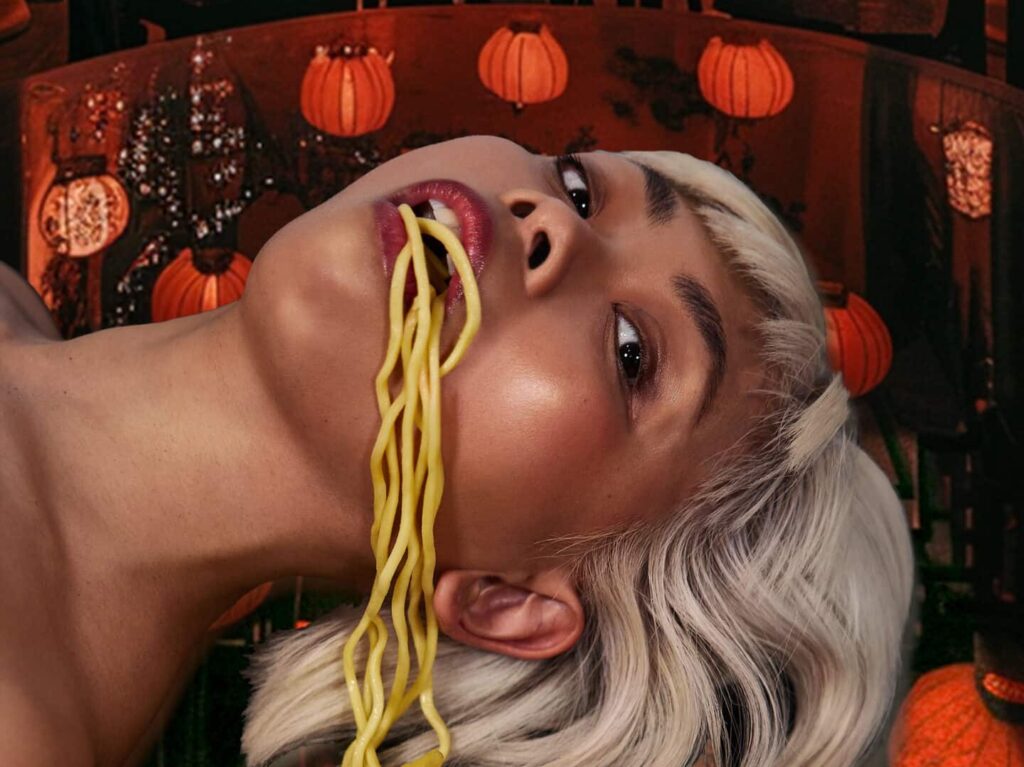
You referred to your music as “what future club music sounds like.” Can you elaborate on your vision for modern club music and its anticipated evolution? How do you express this vision in your own tracks?
I label my work as “future club music” because mainstream listeners and media have yet to fully embrace it. The current state of club/electronic music feels stagnated in the 2010s, as underground dance enthusiasts seek more innovative and exhilarating sounds. There’s also a sense of weariness with seeing the same legacy DJs at festivals; audiences desire deeper, more intimate connections.
To cater to this, I am organizing a pre-release party for my fans on November 2 in Melbourne, allowing them to experience the music before its streaming launch. Attendees will enjoy a 360-degree live set where I will perform the music while incorporating live instrumentation, despite my work typically being electronic.
I’ve re-engineered the music for a more dynamic live experience—why attend a show if it sounds identical to the recording? People might as well listen from home. As visuals play an integral part of my music, I’m developing imagery that syncs with the sound, showcasing the essence of what future club music is all about.
When initiating a new track, what’s your primary approach? Do you start with a concept, sound, or a specific feeling?
A vibe. Not necessarily an emotion but definitely a mood.
Your upcoming EP sounds incredibly exciting! Can you share what fans can expect and what’s next for LÂLKA?
The EP is titled *Willfire 志火*, symbolizing the fiery passion and drive behind my intense, club-ready beats. It embodies the energy that inspires dancers on the floor, igniting spirit and allowing immersion in the music—this is truly what future club music represents.

